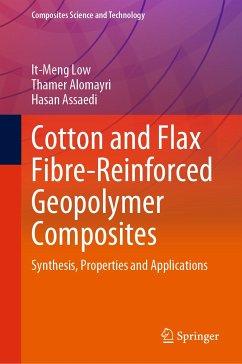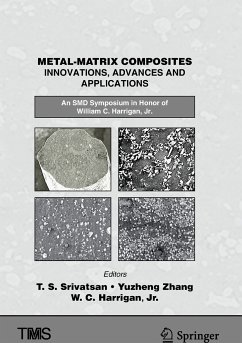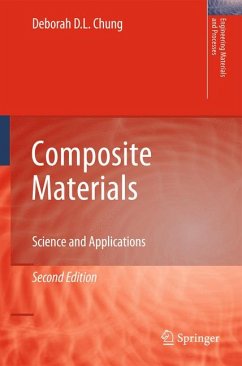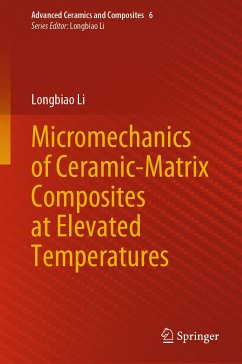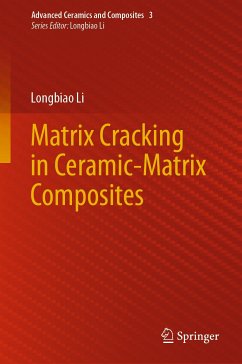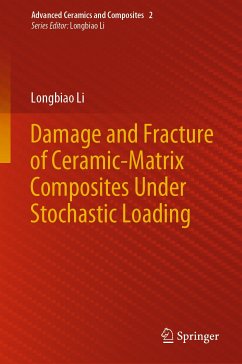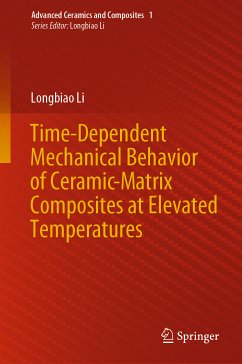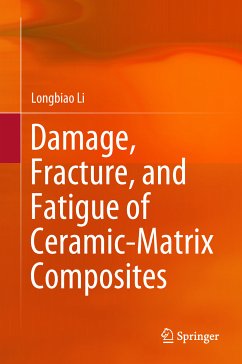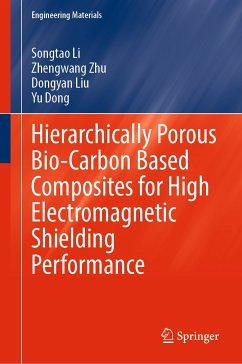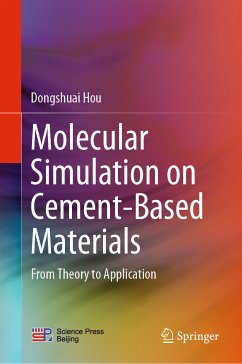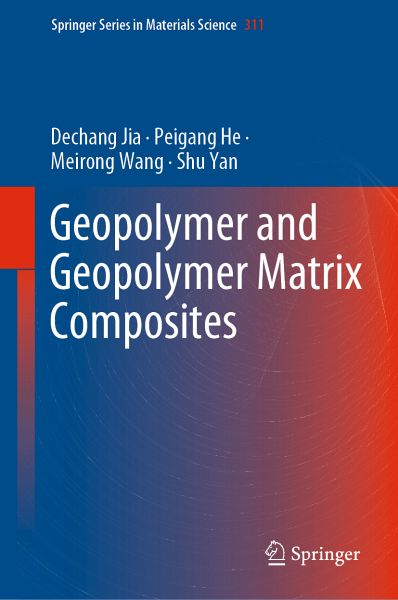
Geopolymer and Geopolymer Matrix Composites (eBook, PDF)
Versandkostenfrei!
Sofort per Download lieferbar
128,95 €
inkl. MwSt.
Weitere Ausgaben:

PAYBACK Punkte
64 °P sammeln!
This book investigates geopolymers and geopolymer-based composites, with a focus on their preparation, geopolymerization mechanisms, microstructures, mechanical properties, and fracture behaviors. Geopolymers are inorganic materials consisting of tetrahedral units (such as [SiO4] and [AlO4]) linked by shared oxygens and forming long-range, covalently bonded and amorphous frameworks. Geopolymers have the advantages of low-temperature preparation, low cost, high heat and corrosion resistance, and being environmentally friendly. Using the preparation methods for epoxy-based composite, they can ea...
This book investigates geopolymers and geopolymer-based composites, with a focus on their preparation, geopolymerization mechanisms, microstructures, mechanical properties, and fracture behaviors. Geopolymers are inorganic materials consisting of tetrahedral units (such as [SiO4] and [AlO4]) linked by shared oxygens and forming long-range, covalently bonded and amorphous frameworks. Geopolymers have the advantages of low-temperature preparation, low cost, high heat and corrosion resistance, and being environmentally friendly. Using the preparation methods for epoxy-based composite, they can easily be formed into complex shapes or structures.
Intended for researchers investigating geopolymers and their matrix composite materials, this book is also a valuable resource for engineers from various fields, such as materials, mechanical, civil and structural engineering, as well as students interested in other kinds of inorganic materials or even cementitious materials in general.
Intended for researchers investigating geopolymers and their matrix composite materials, this book is also a valuable resource for engineers from various fields, such as materials, mechanical, civil and structural engineering, as well as students interested in other kinds of inorganic materials or even cementitious materials in general.
Dieser Download kann aus rechtlichen Gründen nur mit Rechnungsadresse in A, B, BG, CY, CZ, D, DK, EW, E, FIN, F, GR, HR, H, IRL, I, LT, L, LR, M, NL, PL, P, R, S, SLO, SK ausgeliefert werden.



